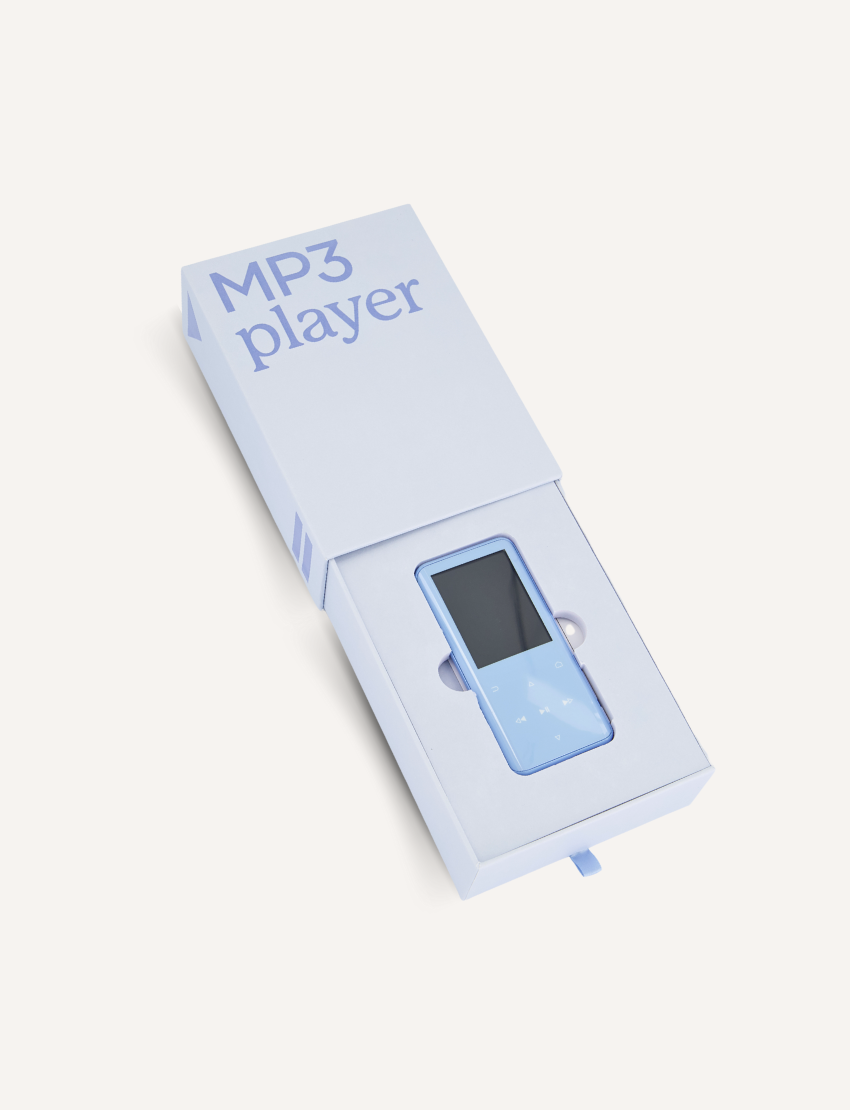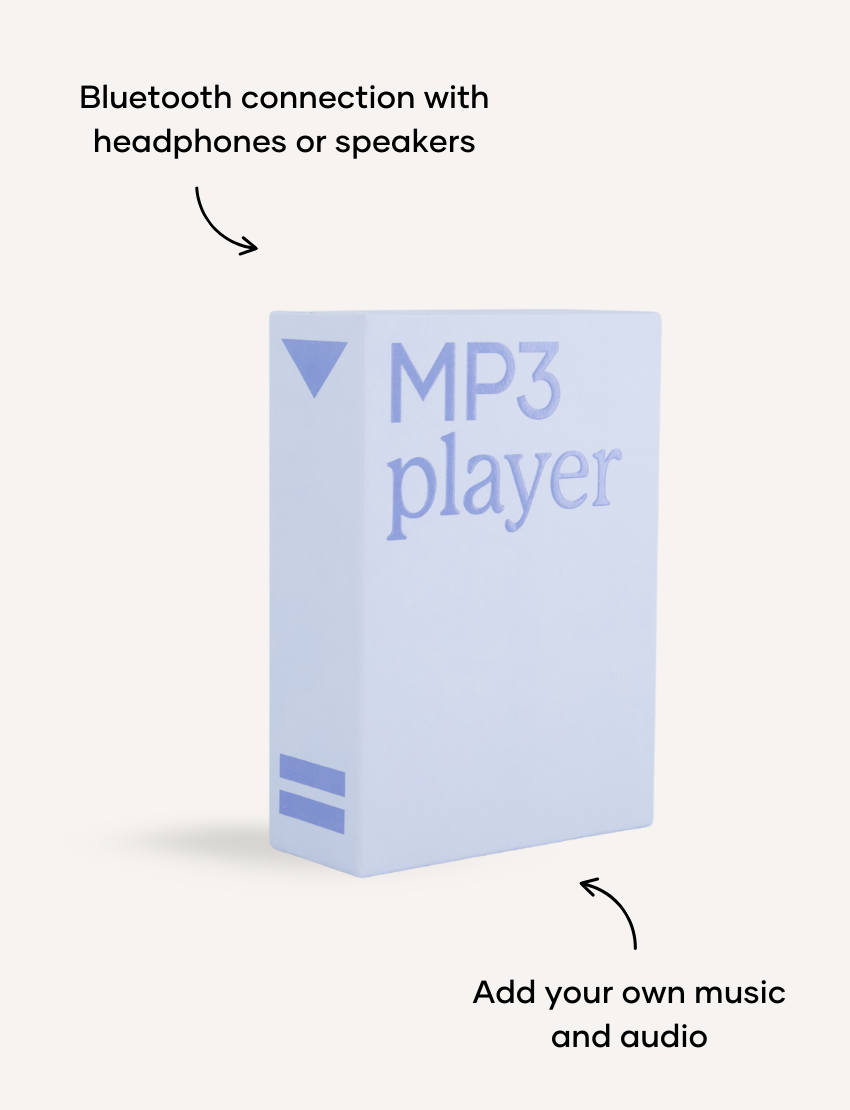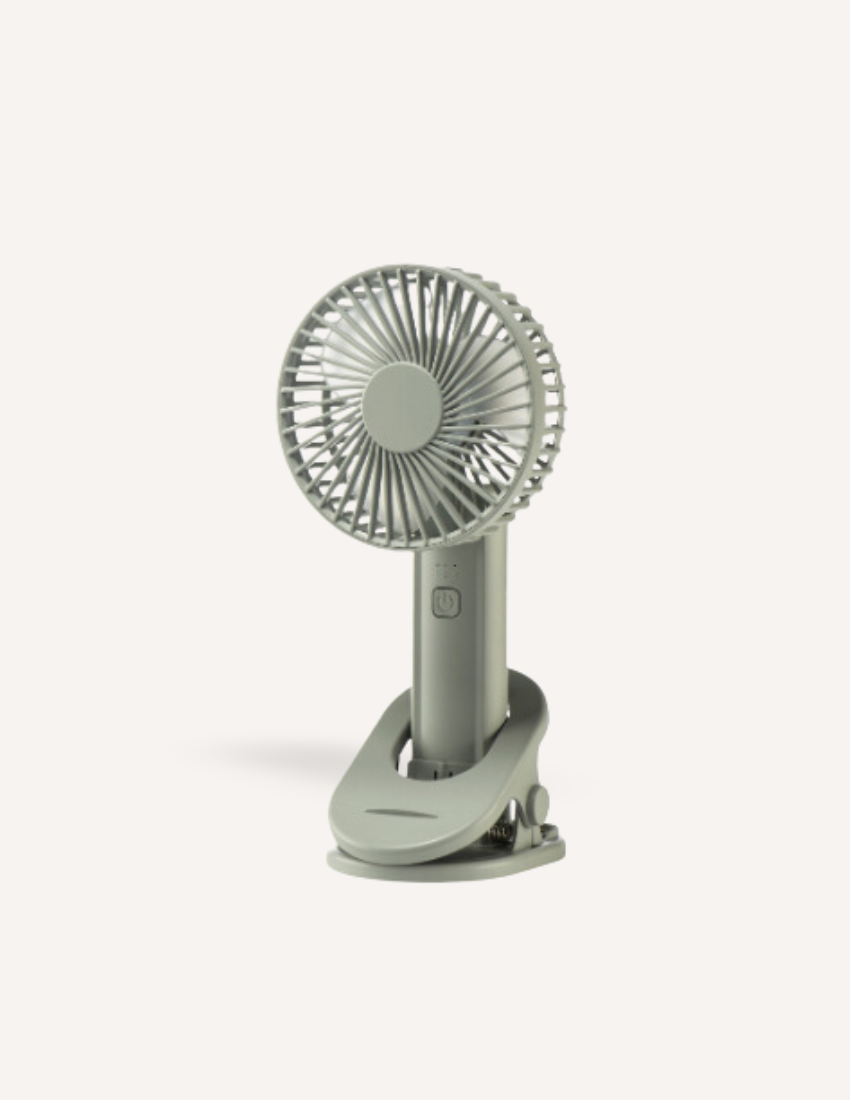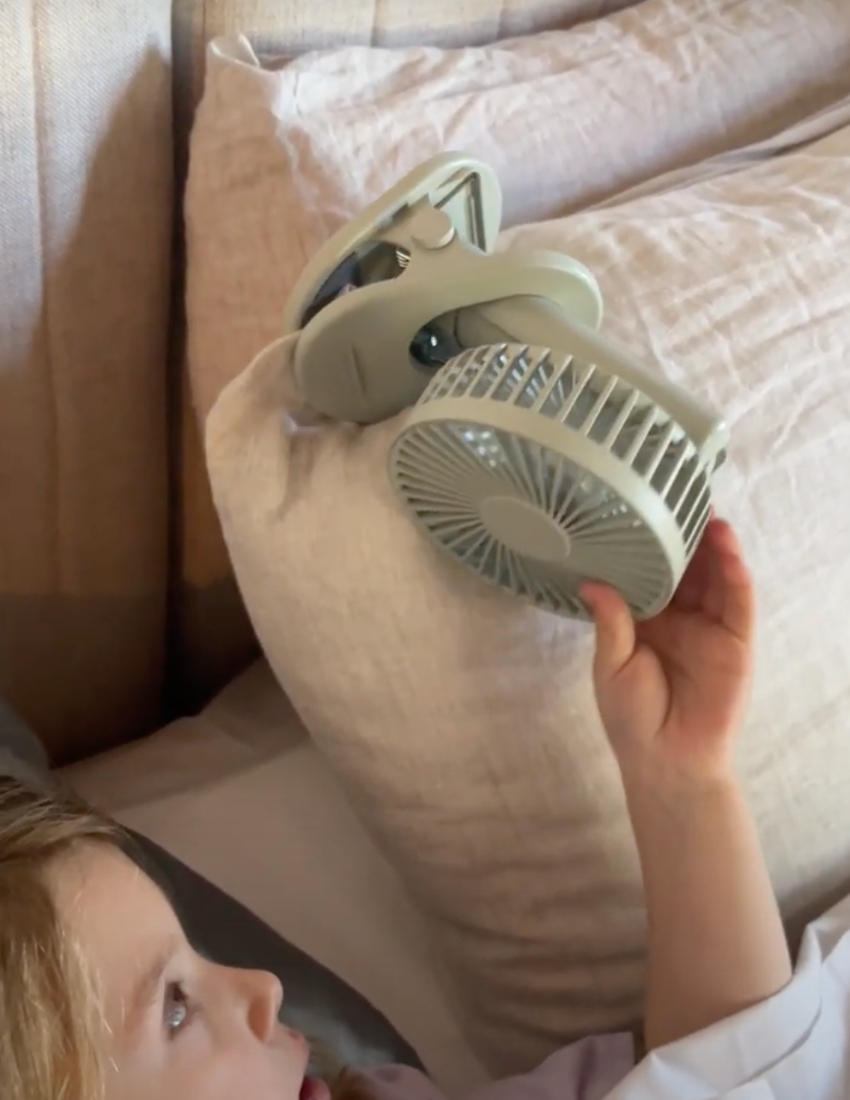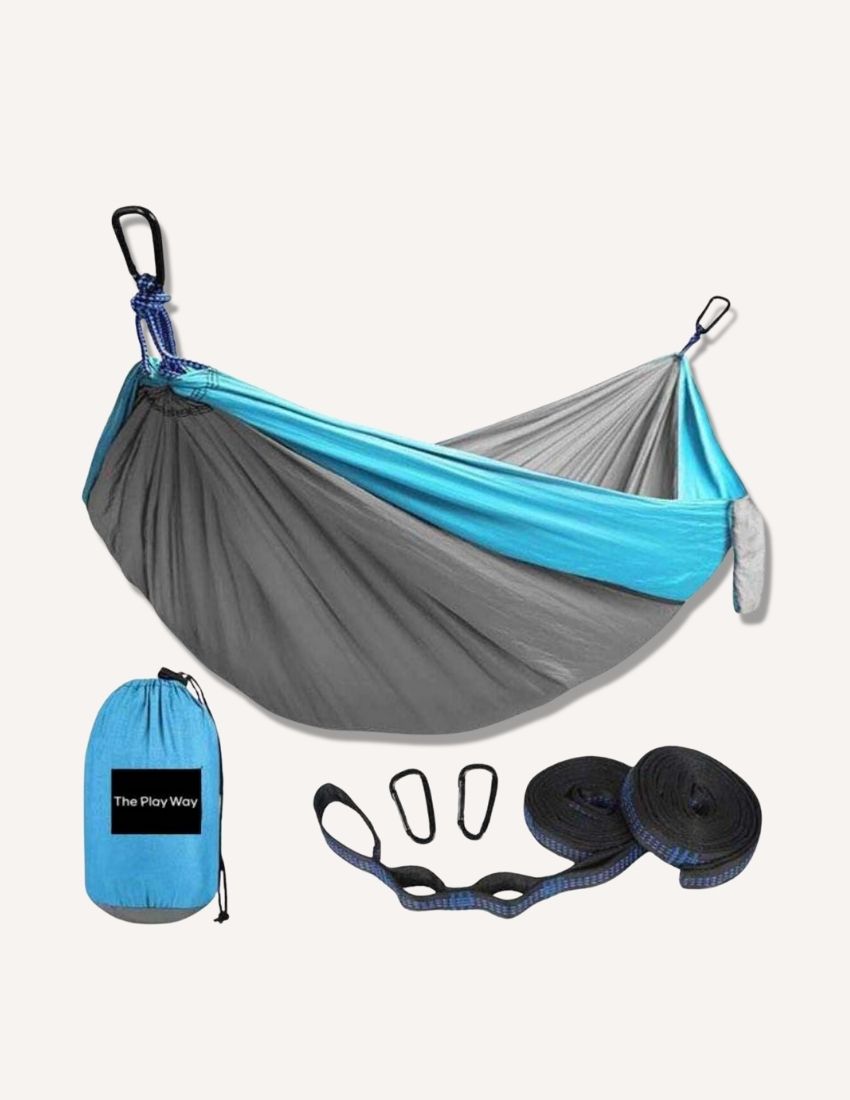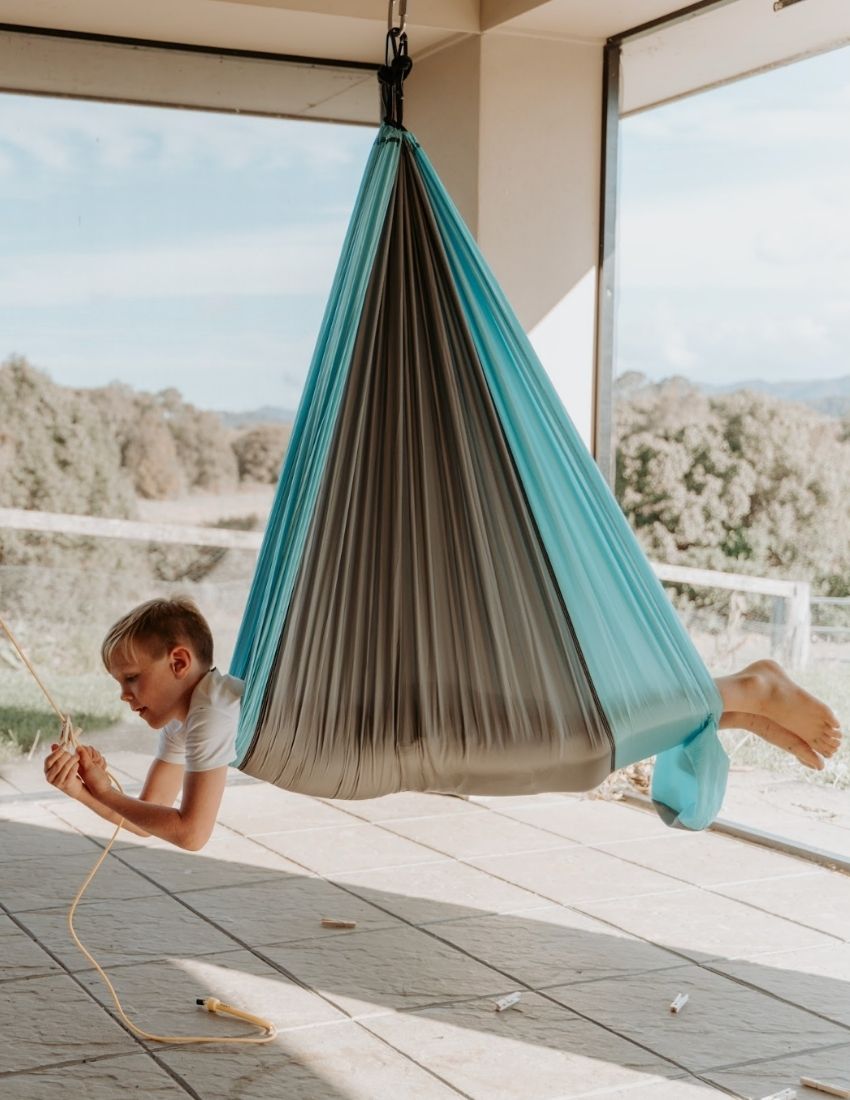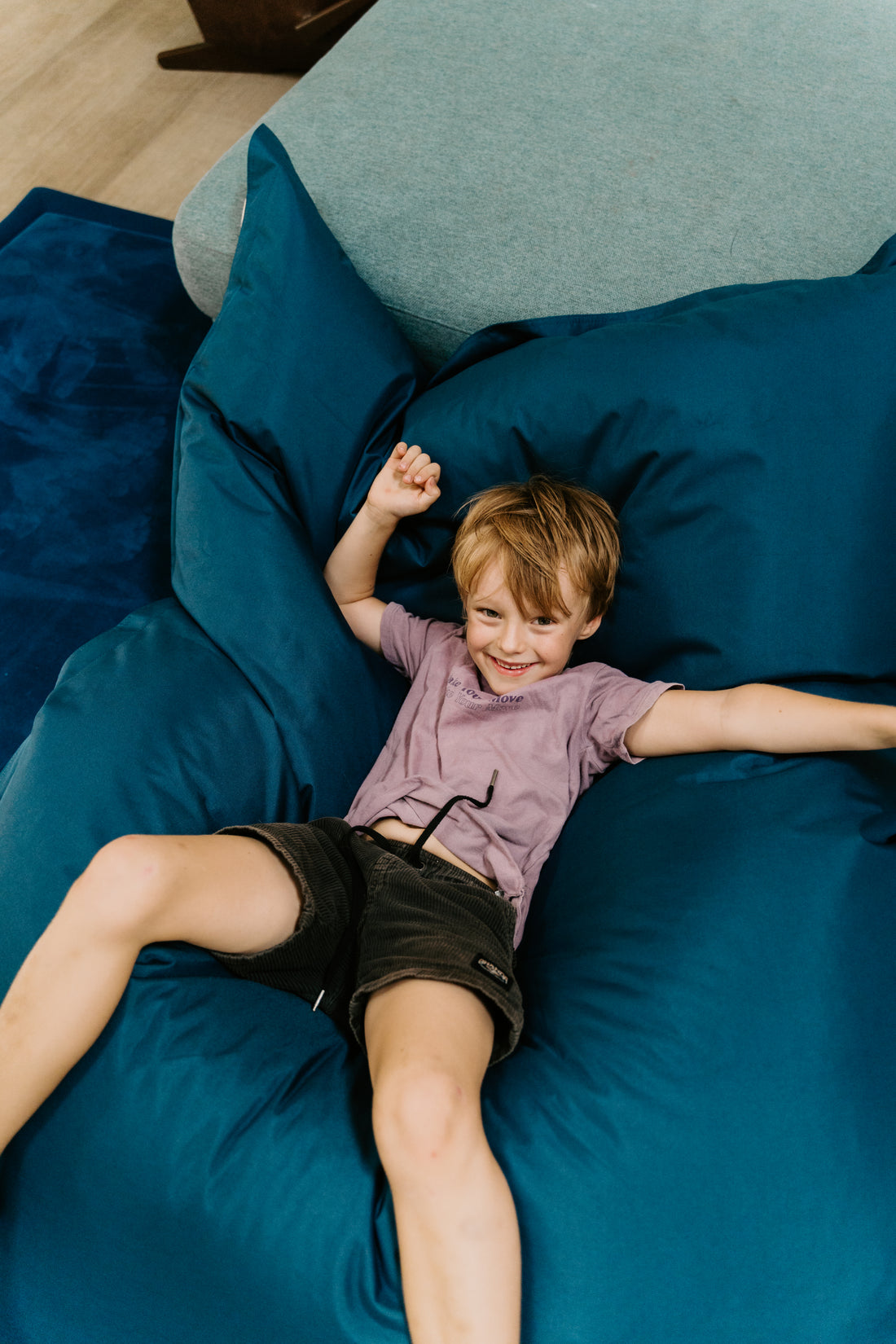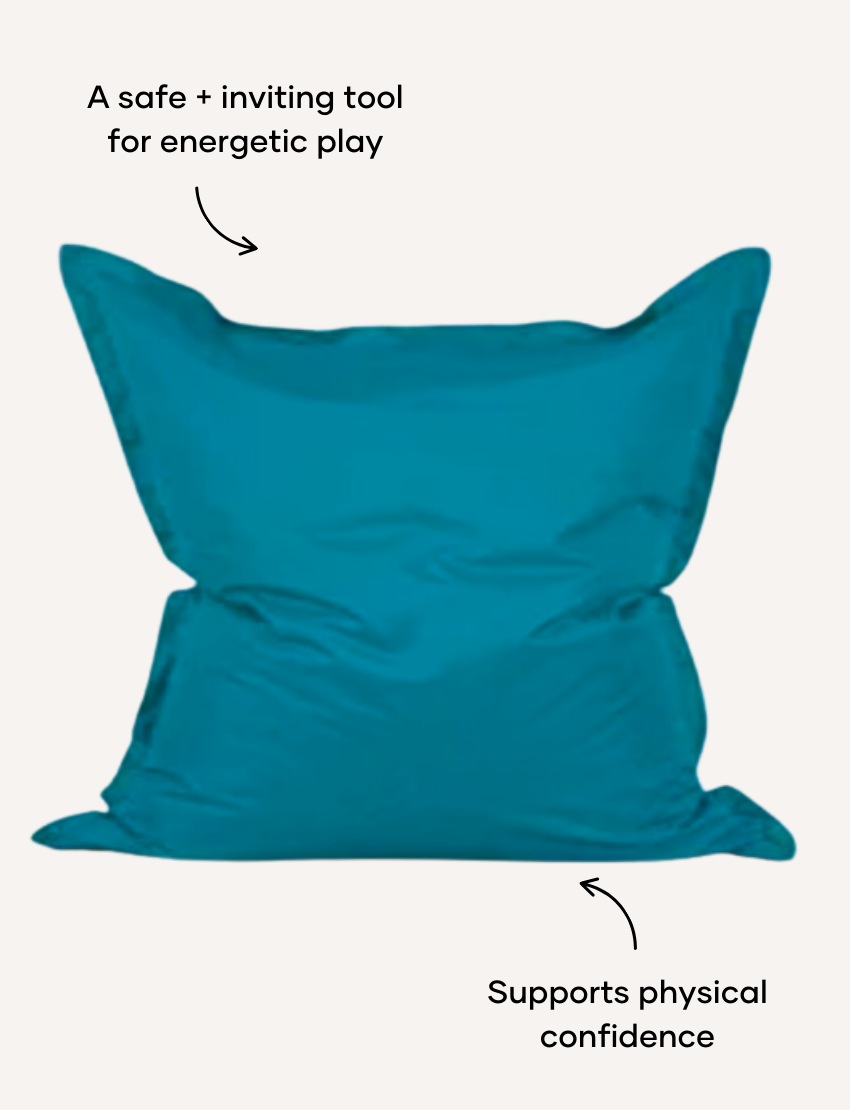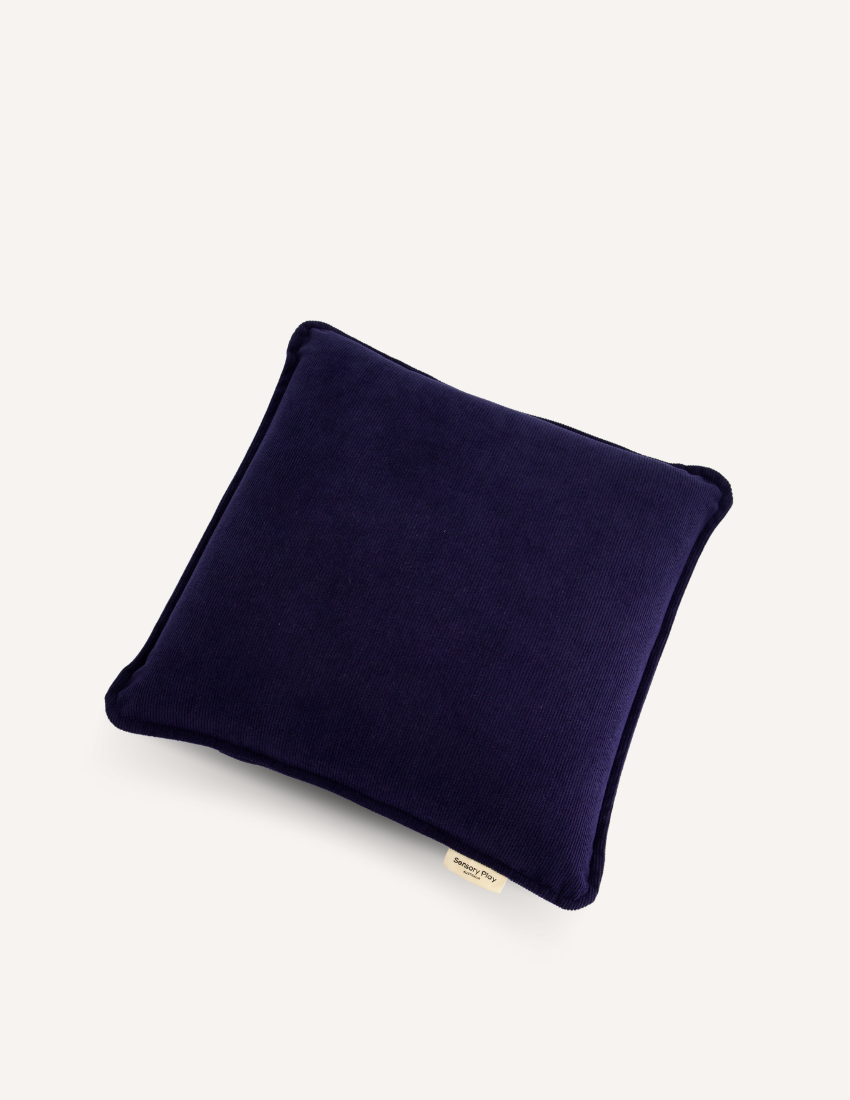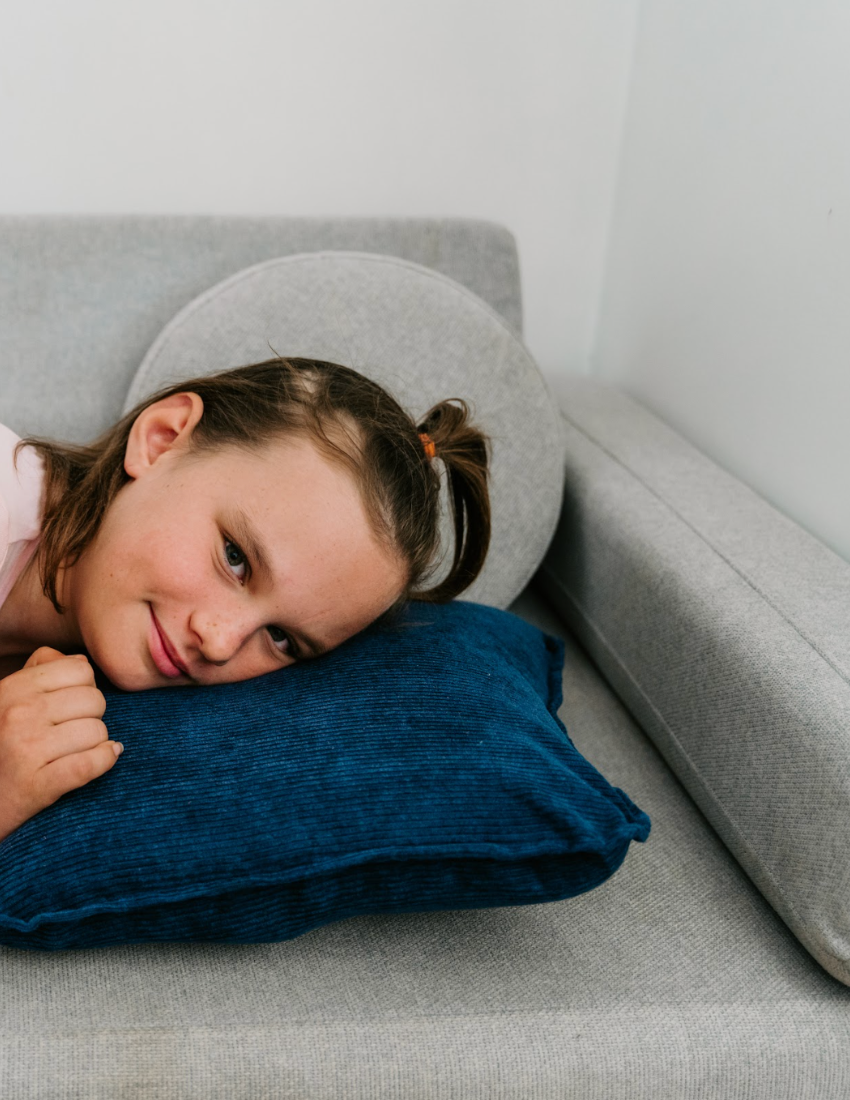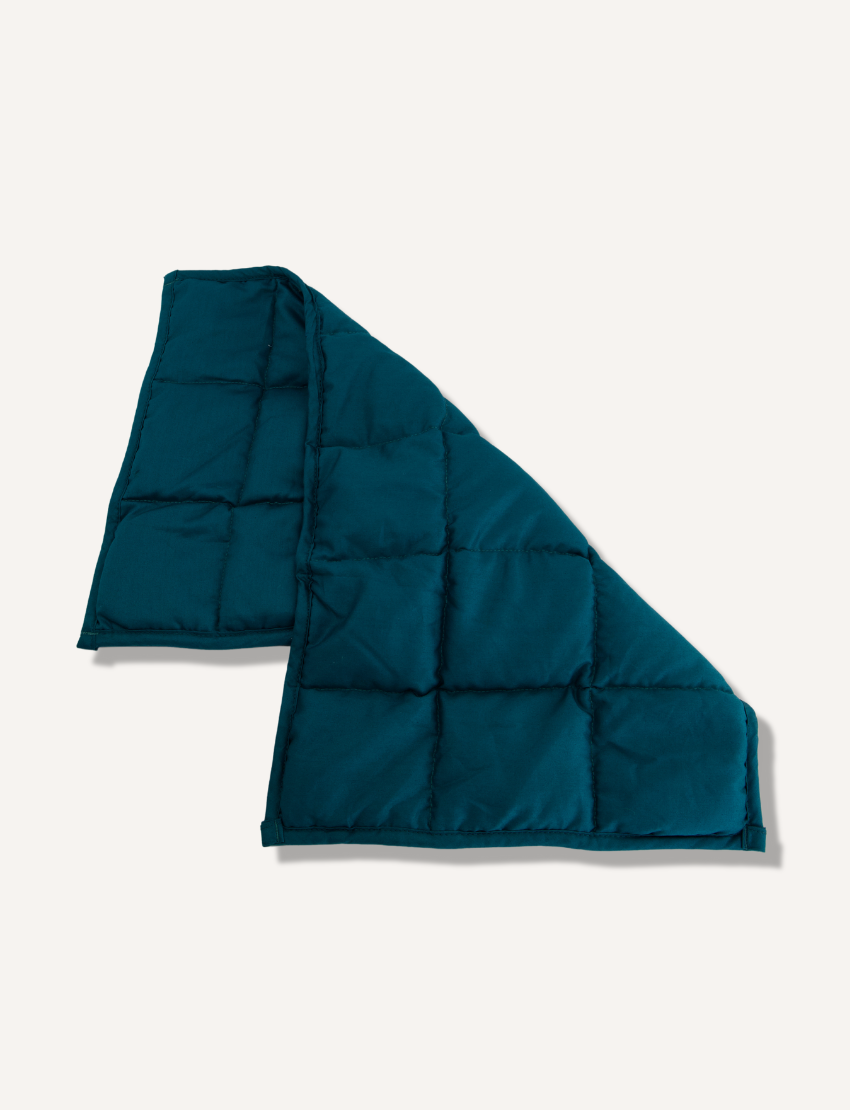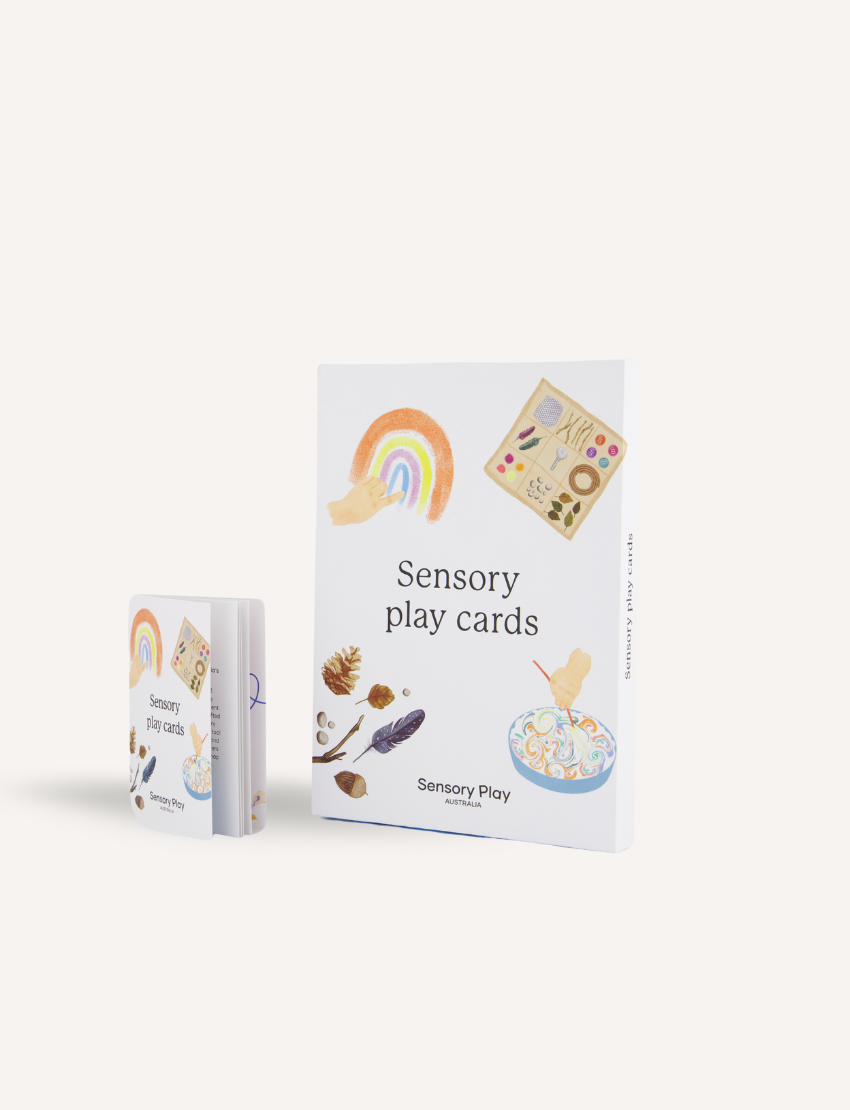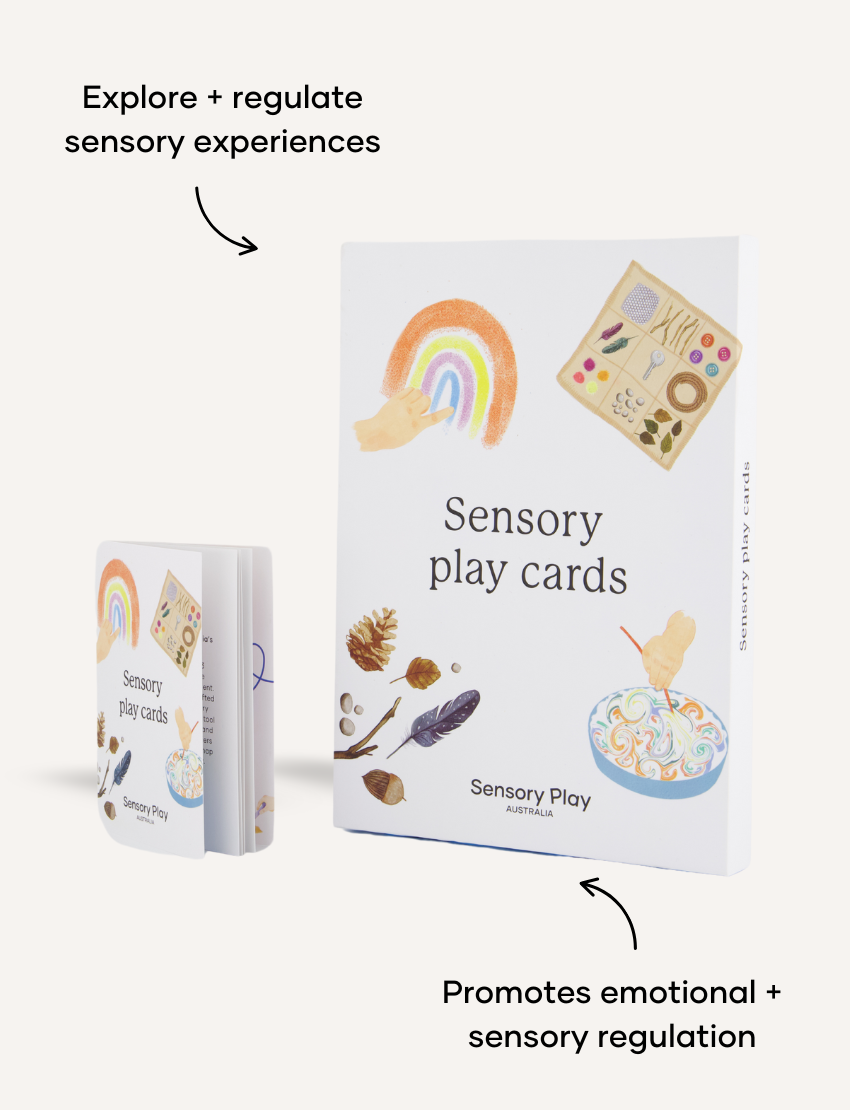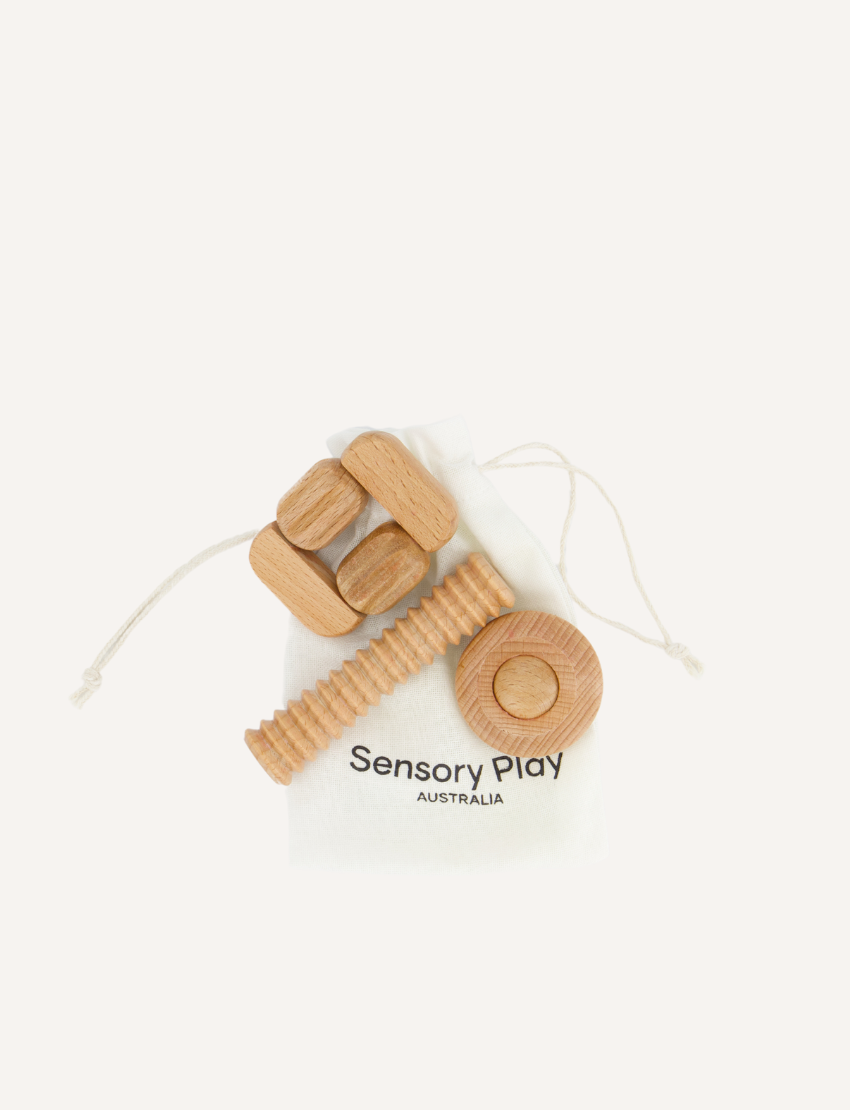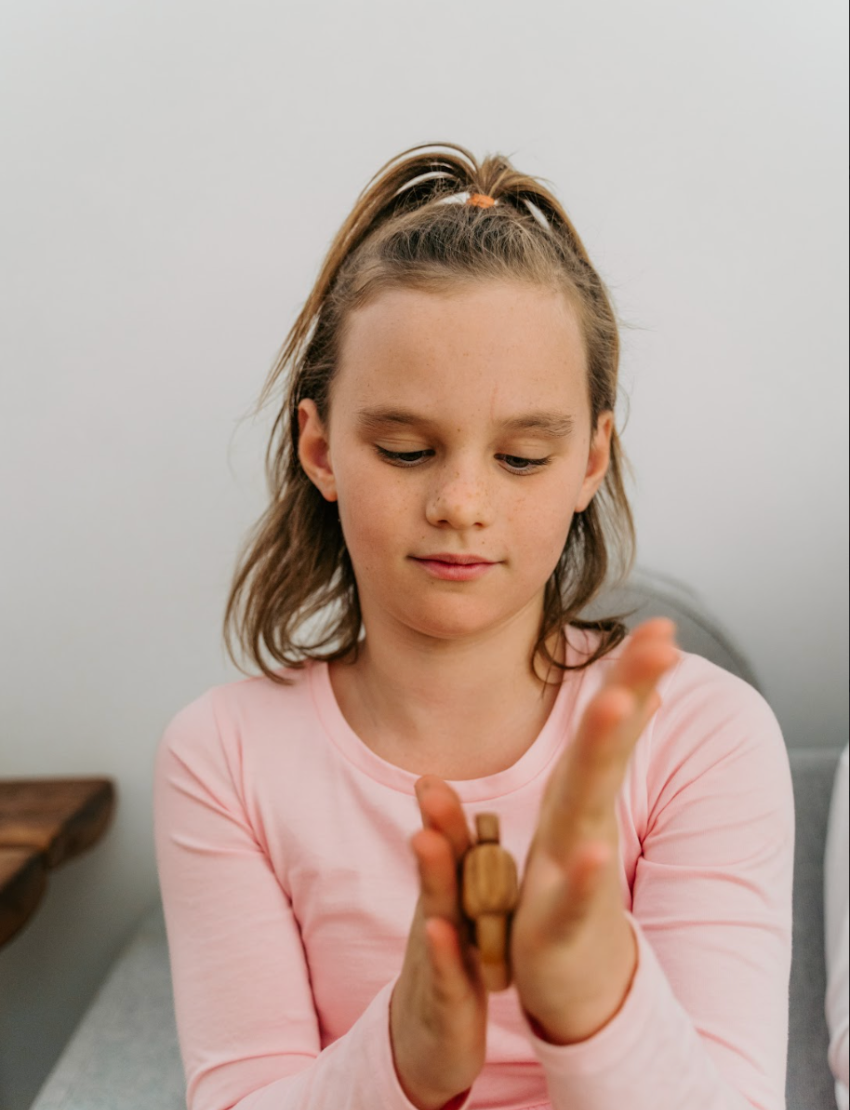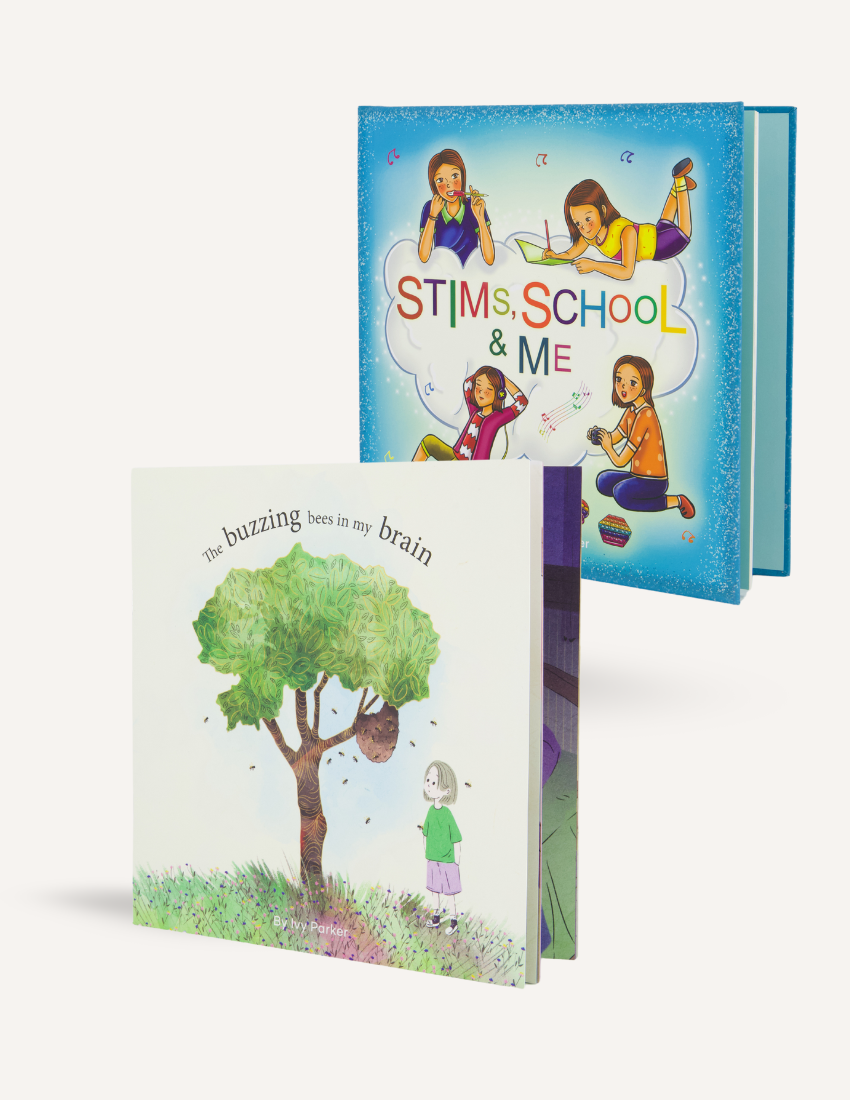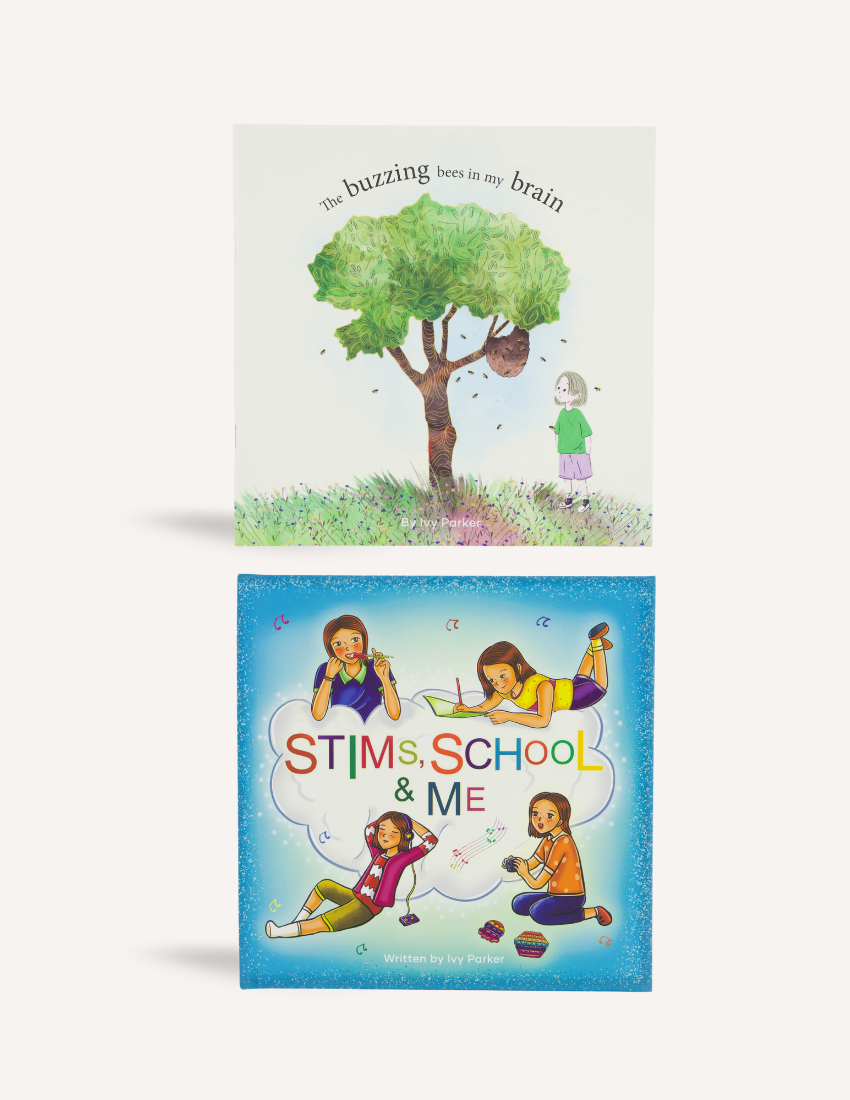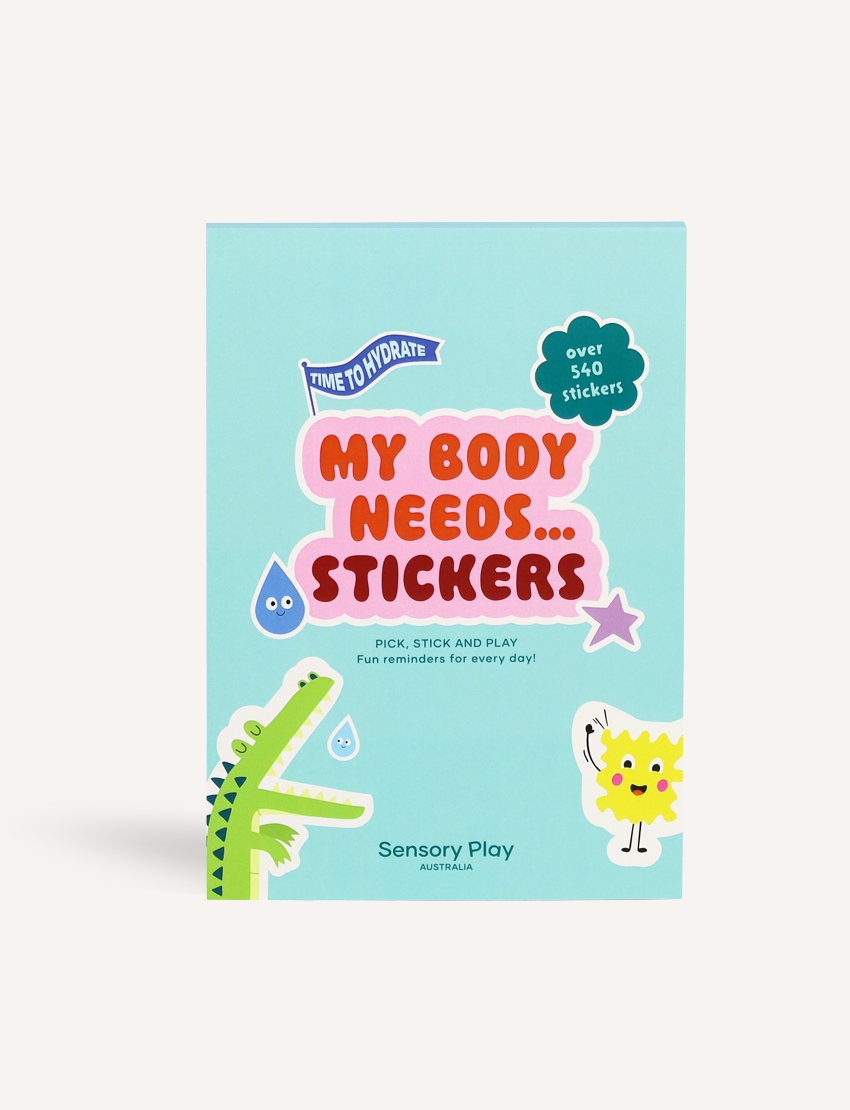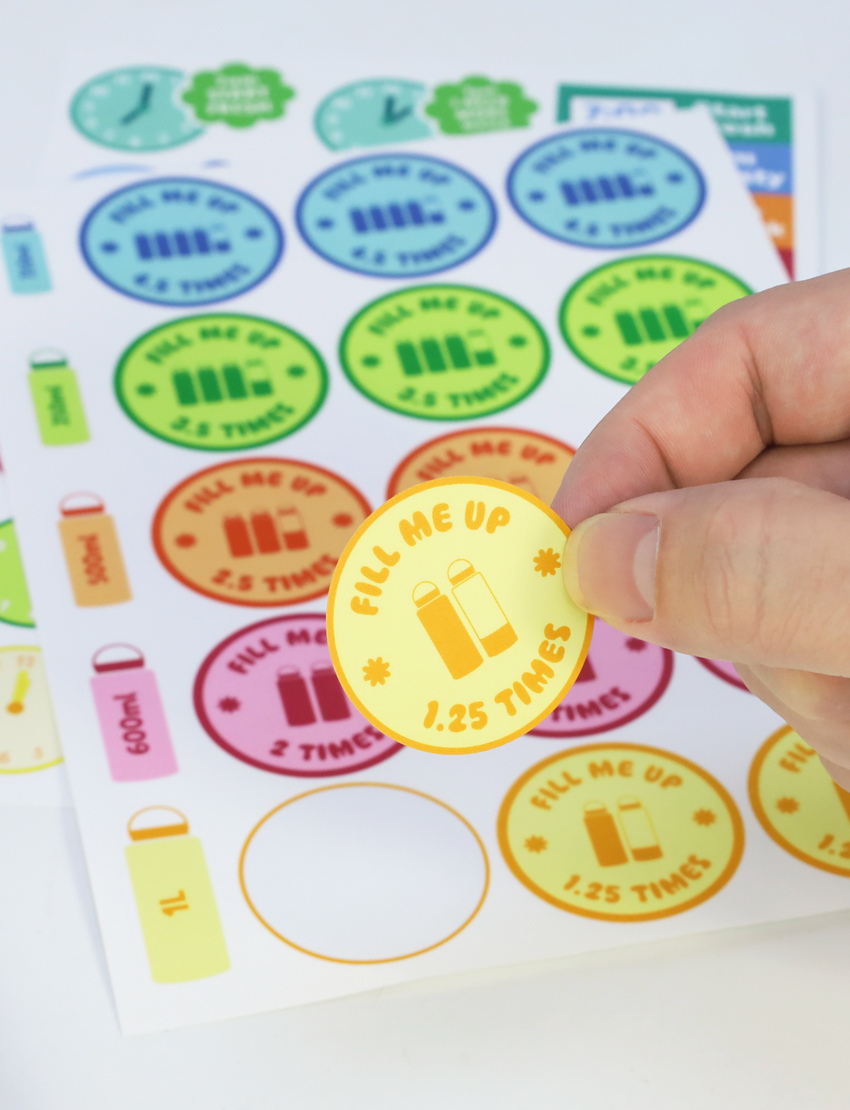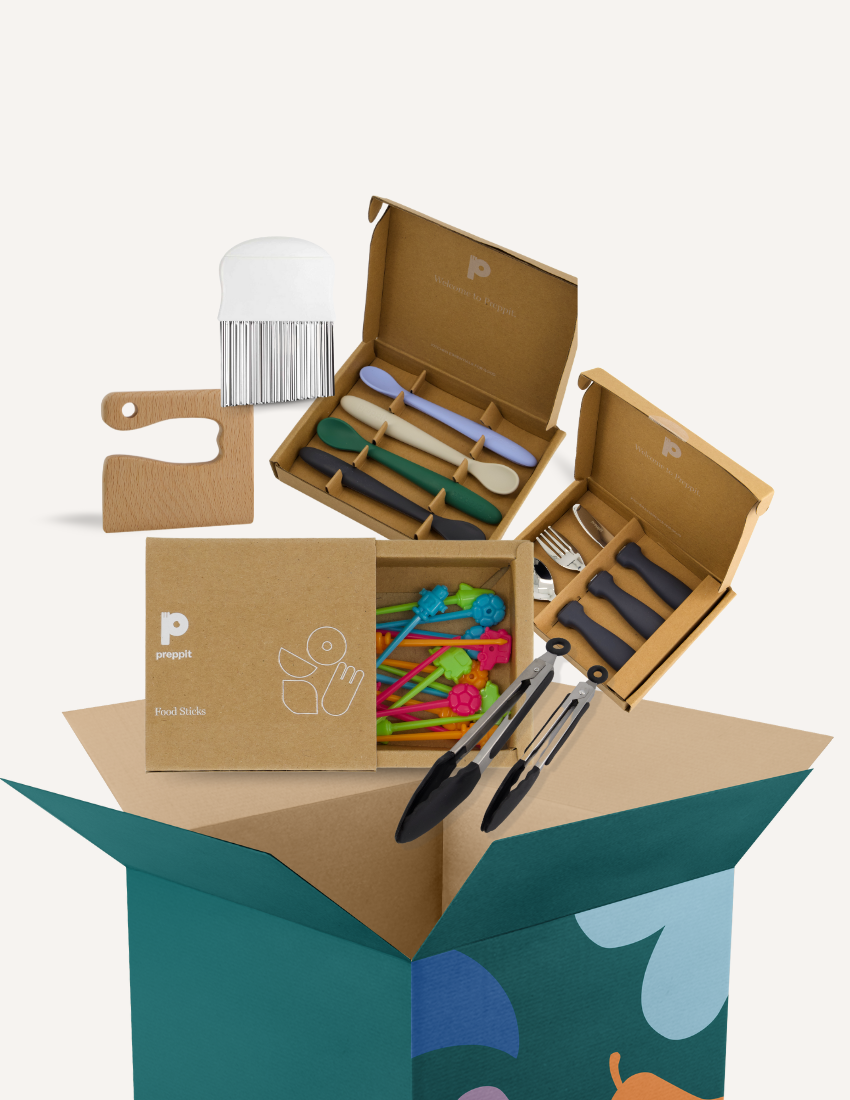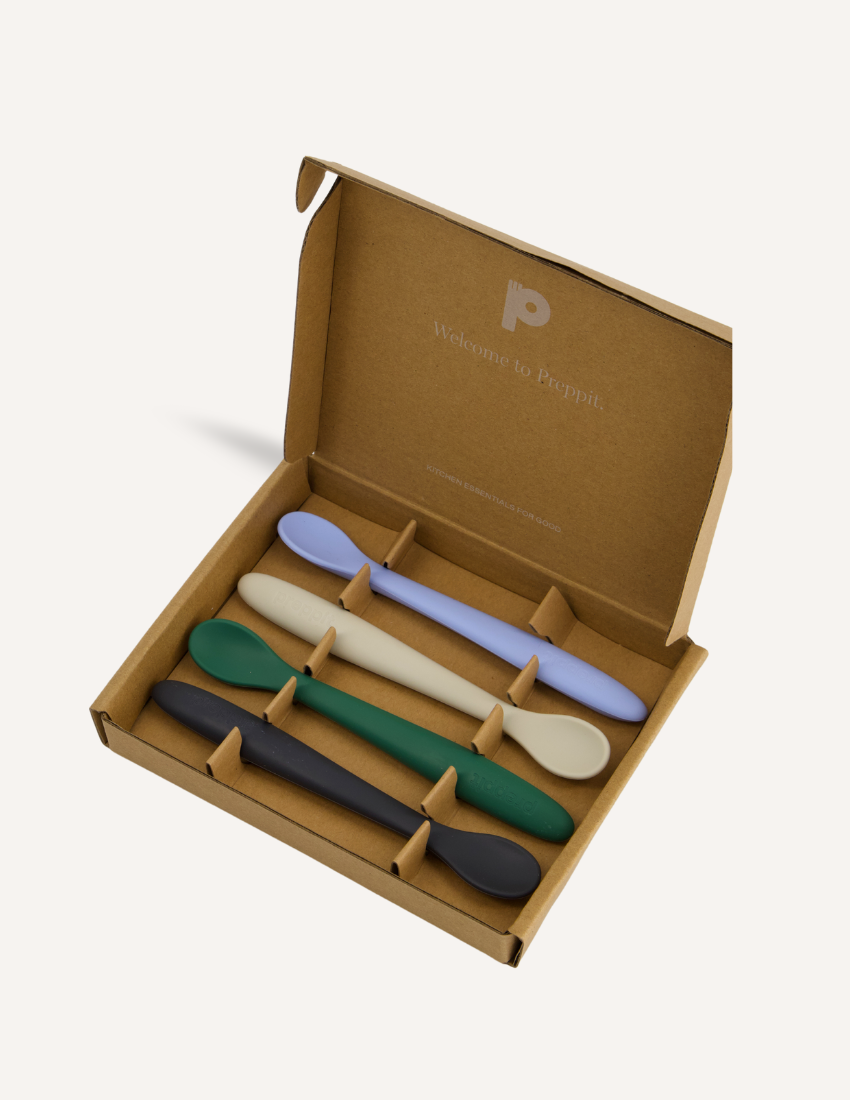Sensory play isn't just play; it's a powerful tool for development. By encouraging activities that stimulate your child’s senses, such as exploring different textures, movements, scents, and sounds, you’re supporting their learning and well-being in meaningful ways. Sensory play lays the groundwork for many essential skills. Here's how it benefits your child.
Cognitive Benefits
Sensory experiences enhance a child's ability to observe, compare, and categorise information, building blocks for future learning. Children discover concepts like cause and effect, spatial relationships, and basic science principles through hands-on exploration. Solving challenges during play fosters critical thinking and problem-solving skills.
Physical Benefits
Activities like squeezing, pinching, and manipulating different textures support fine motor development and hand-eye coordination. Working with materials like sand, playdough, or paint strengthens the muscles needed for writing and other tasks.
Emotional Regulation
Sensory play can have a calming, soothing effect, helping children regulate emotions and reduce stress. It offers a creative outlet, encouraging self-expression in a safe and engaging environment.
Ways to Play
Make sensory play fun, hands-on, and educational with these activity ideas:
1. Slime Stretch Challenge
See who can stretch their slime the longest without it breaking. Add a timer for extra excitement and friendly competition.
2. Slime Races
Create a racecourse and challenge your child to move their slime from start to finish using straws or other tools. It's silly, messy fun with a learning twist.
3. Make a Stress Ball
Watch this how-to video. Fill a balloon with flour or rice, tie it off, and enjoy squeezing it to promote calm and build hand strength.
4. Bubble Pop
Blow bubbles and encourage your child to pop or catch them. Challenge them to beat their own popping record to keep the game engaging.
5. Sensory Bottles
Fill a clear bottle with water, glitter, beads, oil, or other eye-catching materials. Seal tightly, then shake and roll to enjoy a mesmerizing, calming effect.
6. Colour Sorting
Offer coloured cups and various small objects. Have your child sort them by colour to build visual discrimination and fine motor skills.
Sensory play taps into the joy of discovery while laying the foundation for lifelong learning. Whether it’s squishing slime, popping bubbles, or sorting colours, every moment of sensory play supports your child’s development.


